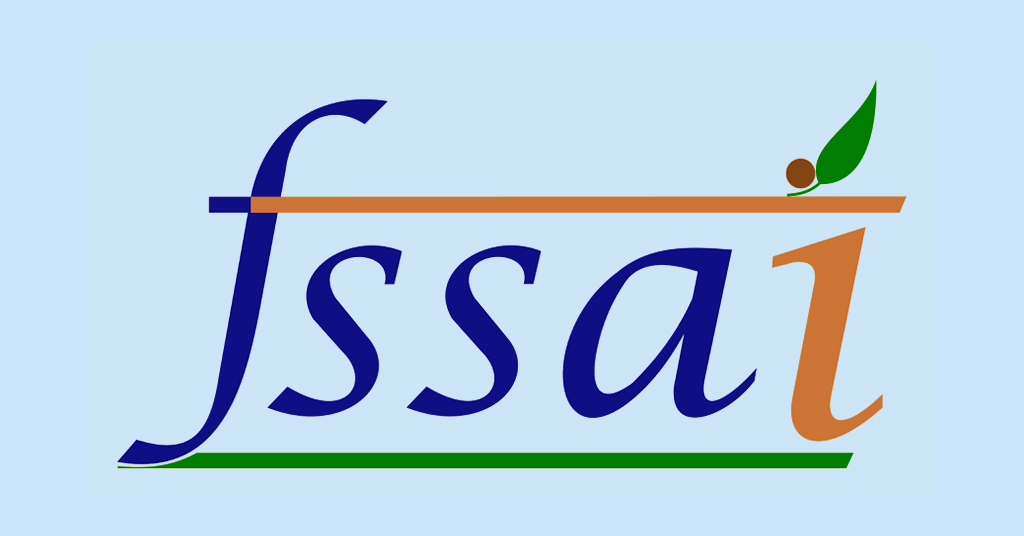Welcome To ChemAnalyst

New Delhi: Food regulators at the FSSAI have warned traders, fruit handlers and food business operators (FBOs) not to use Calcium Carbide for artificial ripening of fruits as it is prohibited. They have also urged them to only use approved material such as ethylene in a safe and proper manner. Strict actions will be taken against those who defy this warning.
The Food Safety and Standards Authority of India (FSSAI) have announced that they have prohibited the use of Calcium Carbide, otherwise known as 'Masala', as a ripening agent for artificial ripening of fruits. This is in accordance with the provision outlined in the sub-regulation of the Food Safety and Standards (Prohibition and Restrictions on Sales) Regulation, 2011.
Acetylene gas produced from Calcium Carbide can be just as dangerous to those handling it.
"It has been brought to the notice of FSSAI that the traders/handlers are still indulging in use of prohibited material i.e., Calcium Carbide or are using the approved sources of ethylene gas in an incorrect manner like dipping the fruits in ripening agent solutions which may render the fruits unsafe for human consumption," the statement stated.
All traders, fruit handlers, and FBOs operating ripening chambers have been directed by FSSAI to comply with their directions and avoid using any prohibited materials or incorrectly deploying approved sources of ethylene for the artificial ripening of fruits. Violators will face consequences.
"Any such incidence would be dealt stringently, and serious action will be taken against the person(s) indulging in such unlawful practices as per the provisions of FSS Act, 2006 and Rules/Regulations made thereunder," it stated.
The ripening of fruits is an important part of the food production process, making them edible and nutritious for consumers. But what about when fruits must be transported over long distances?
FSSAI has observed that artificial ripening has become a popular practice in order to ensure a longer shelf life for these fruits and better consumer acceptance. For example, mangoes are often transported in their unripe state, then artificially ripened at the destination market before sale.
Artificial ripening is a process by which fruits can be carefully and precisely ripened in a controlled environment to get the desired outcomes. This technique provides more control over the final product than natural ripening processes, allowing farmers to provide consumers with higher quality produce.
"However, due to the presence of traces of arsenic and phosphorus which is harmful to humans and may cause dizziness, frequent thirst, irritation, weakness, difficulty in swallowing, vomiting, skin ulcer, etc.
"FSSAI has prohibited the use of Calcium Carbide also known as 'Masala' as a ripening agent for artificial ripening of the fruits," the statement stated.
An alarming report was released by the regulatory body, warning of a potential hazard associated with the use of Calcium Carbide on fruits. If applied directly, traces of arsenic and phosphorus may be left on the produce, posing a serious health risk.
"Thus, the use of this chemical for the ripening of fruits is banned in India," it stated.
FSSAI has acknowledged that ethylene is a safe and reliable agent for ripening fruits. Depending on crop variety and maturity, the concentration of ethylene can range from 100 ppm (100 μl/L) to higher levels. This treatment involves the use of compounds such as ethephon or ethereal, which will aid in triggering the ripening process until the fruit starts producing its own ethylene in greater quantities. This recognition by FSSAI enables a safer, more efficient way to ripen fruits.
The Food Safety and Standards Authority of India (FSSAI) has directed that any material used to artificially ripen fruits should not encounter the fruits directly. The authority has issued a Standard Operating Procedure (SOP) outlining all aspects of artificial ripening with ethylene gas.
Furthermore, FSSAI urges consumers to alert State Commissioners of Food Safety if they observe any use of Calcium Carbide (Masala) or other incorrect practices involving the use of ripening agents.
We use cookies to deliver the best possible experience on our website. To learn more, visit our Privacy Policy. By continuing to use this site or by closing this box, you consent to our use of cookies. More info.
